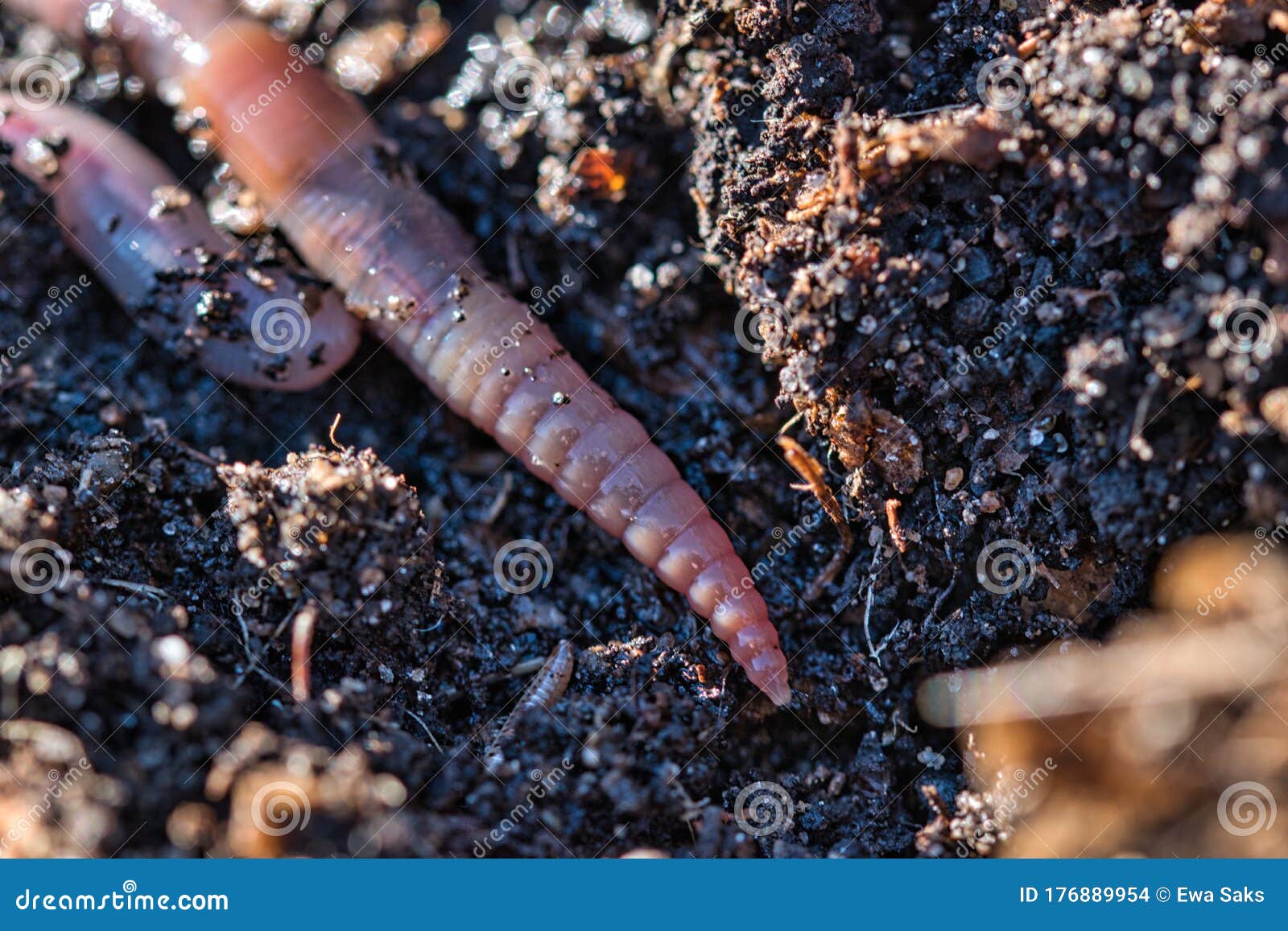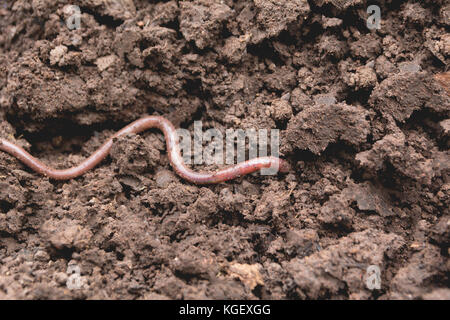


Amazingly there is more carbon captured in the earths soil alone than in all the atmosphere and the world’s trees and plants combined. Healthy soil also prevents flooding and stores vast volumes of carbon preventing it from escaping into the atmosphere. Just 2cms of top soil can take over 500-1000 years to form and yet we are destroying it 10-40 times faster than it can be replenished. We take soil for granted yet 95% of our food production relies on it, especially top soil which takes an incredibly long time to form. This improves the structure of the soil allowing water to drain through more easily and circulating oxygen through the soil which is vital for soil microorganisms as well as plants. As they move and burrow through the earth the worms also help to loosen, mix and aerate the soil around them. Worm poo (or castings) can contain up to 5 times more nitrogen, 7 times more phosphorus, and 1000 times more beneficial bacteria than regular soil. You might be surprised to find even the most urban spaces are teeming with wildlife when you take the time to look closely.ĭid you know earthworms play a vital role in our environment and eco system? They decompose organic matter by feeding on it and recycling the nutrients back into the soil as food for plants.

It’s a great way to help with conservation by expanding knowledge and understanding of the wildlife in your local areas. *Citizen science is when members of the public work together to gather (or analyse) data that helps with scientific understanding or research. You can also find lots of fun and easy worm and soil related activity ideas and facts below to help learn more about these amazing creatures and how they contribute to the environment and their habitat. When you are finished you can celebrate taking part by printing off a free work hunt certificate. Plus by taking part you naturally become a Citizen scientist* All you have to do is download their handy Worm hunt guide and follow the simple instructions on how best to find and record worms. Anyone can take part including little learners and it is free and easy to do. The Soil Association are asking people to take part in a worm hunt to help them gather data on the number and variety of worms in our soil.


 0 kommentar(er)
0 kommentar(er)
